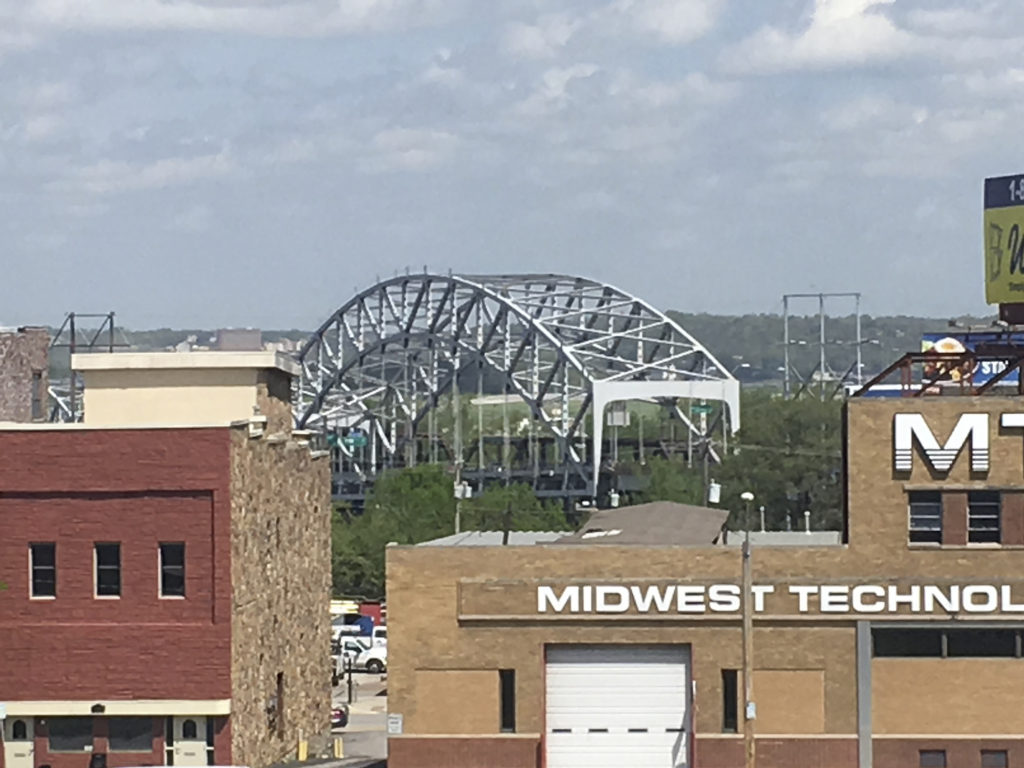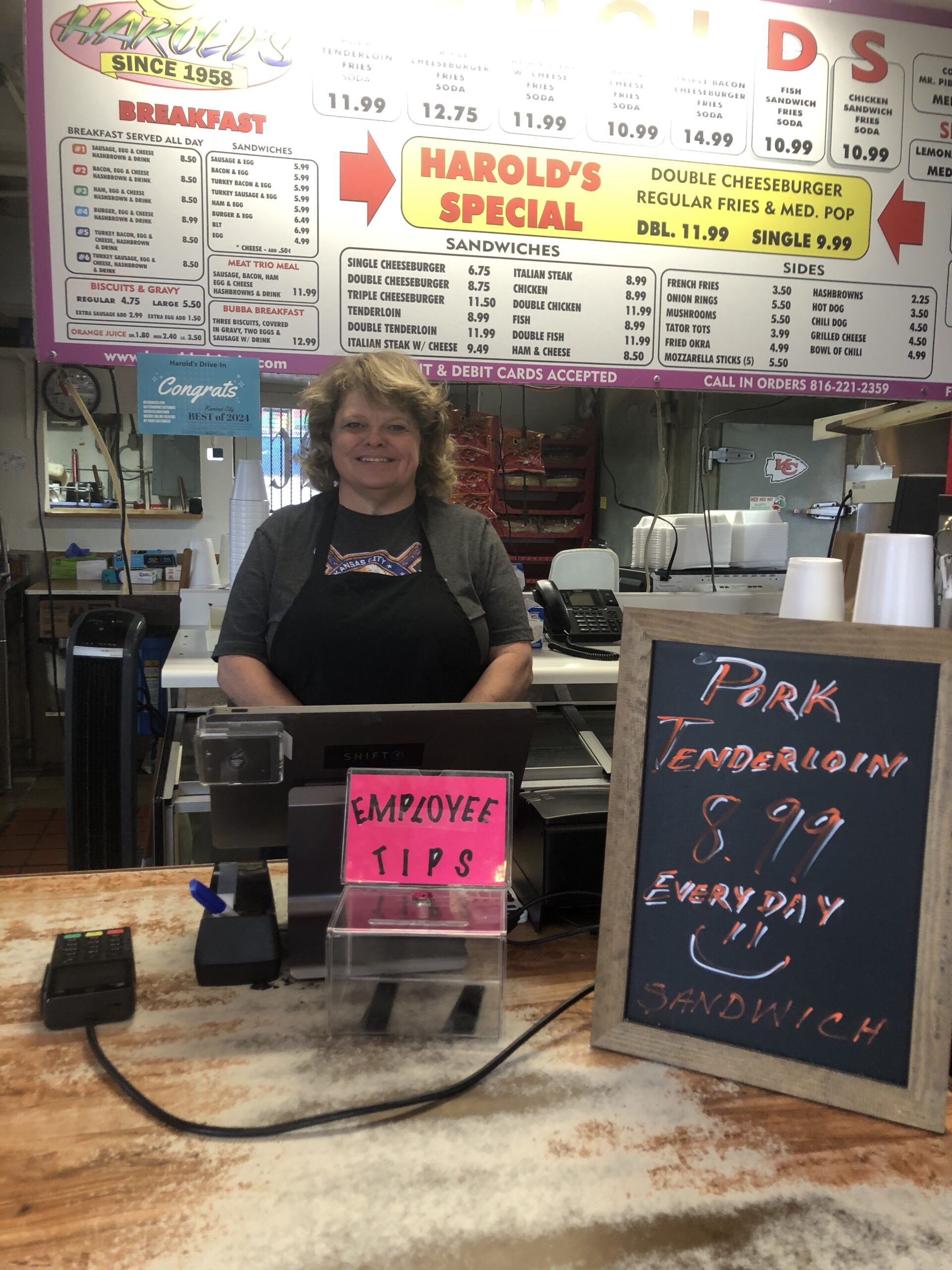 By Paul Thompson
By Paul Thompson
Northeast News
The City of Kansas City, Missouri’s Finance and Governance committee had a busy morning on Wednesday, December 13.
First, the committee passed an ordinance that would consolidate the IT departments of the City and the Kansas City Police Department. Ordinance No. 170966, which comes with a $3,766,167 price tag, was passed out of committee with a recommendation of advance and do pass. If the ordinance passes, the City and KCPD would “consolidate IT platforms, software, maintenance, and operations where feasible,” according to the ordinance.
IT operations would be moved to the fourth floor of City Hall, where newer police department servers are already located. As part of the agreement, the City will also move its existing computer room air conditioning units from the third floor. According the ordinance, a “new non-water based fire suppression system” will also be implemented in the consolidated facility, along with disaster recovery resources and backup equipment.
KCMO Finance Director Randy Landes indicated that the ordinance could save the City money in the long run by limiting redundant purchases between KCPD and the City.
“Let’s quit buying the exact same equipment and using it, literally, one floor from the other,” Landes said.
Another order of business on December 13 was the consideration of Ordinance No. 170919, which asks voters to approve a 20-year renewal of the City’s 1% capital improvements sales tax. The proposed ordinance also codifies dedicated allocations for those funds: 35% for neighborhood conservation, maintenance and improvements (divided equally by Council district based, dispensed through Public Improvements Advisory Committee (PIAC) process); and 65% for capital improvements, with “at least 25% of the available annual sales tax receipts for street resurfacing, repair, and construction of complete street facilities.”
According to Landes, the 1% capital improvements sales tax generates approximately $80 million annually. Landed added that the sales tax renewal, which is set to go before voters on April 3, 2018, has been pegged as a potential mechanism to fund construction of a new Buck O’Neil Bridge.
“We would find the best way to incorporate the dollars needed to do the Buck O’Neil Bridge,” Landes said.
During public testimony, former 6th District Councilman and current PIAC representative John Sharp shared his approval of ballot language that emphasizes the PIAC process.
“I was very pleased to see the addition in the ballot language that 65% of the funds that would be used in city funds would go through review by PIAC,” Sharp said. “As you know, the PIAC committee is really the eyes and the ears of the Council.”
Current 6th District Councilman Kevin McManus noted that one of the KCMO Legislative Committee’s top priorities is to identify state or federal funding for a new Buck O’Neil Bridge. With that in mind, he wondered if the City might be “showing its cards” by simultaneously pushing a ballot initiative that would fund the process through PIAC.
Additionally, McManus requested more information about how a potential Transportation Development District (TDD) could potentially fund construction of a new Buck O’Neil Bridge.
During the committee meeting, the City also considered Ordinance No. 170979, which would get the ball rolling on Kansas City’s bid to become a host city for the 2026 FIFA World Cup, should the combined bid of the United States, Canada and Mexico be accepted.
The ordinance would authorize the City Manager to “execute a Host City Agreement with the Federation Internationale de Football Association (“FIFA”) and the United States Soccer Federation to be appointed as a host city of the 2026 FIFA World Cup; stating the Council’s intent to provide funding for certain City services in connection with the 2026 FIFA World Cup; and directing the City Manager to include funding for required City services in the 2025-26 and 2026-27 annual budgets.”
Though the 2026 FIFA World Cup is nearly 10 years away, Assistant City Manager Kimiko Gilmore said that the planning process is already underway. Kansas City was one of 32 cities to make the second cut of potential host cities, and Gilmore notes that if the bid is selected by FIFA, at least 12 of those cities will become host sites for the international soccer tournament.
Dave Ficklin, VP of management for Sporting KC, joined Gilmore at the committee meeting to discuss the implications of potentially hosting World Cup matches.
“If we are chosen, we can expect between three or four games to be played in Arrowhead Stadium. I’m not biased when I say Kansas City would be the perfect city.” Ficklin said. “We’re just small enough that an event like this can really create a critical mass that will capture people’s imagination.”
Ficklin noted that FIFA will name a host country by June of 2018, and suggested that Kansas City has done well to position itself as a potential host city. In addition to investing more than $300 million in soccer facilities throughout the metro, Ficklin cited the KC Streetcar and the recent single terminal airport vote as momentum builders for the city.
Ficklin and Gilmore added that FIFA will set certain requirement for chosen host cities. Those will likely include construction of a fan viewing area that will show games and hold concerts and special events; development of a free transportation network for all ticketed fans to get to the venue; and other initiatives to dress up the city, similar to efforts conducted when Kansas City hosted the Major League Baseball All-Star game in 2012.
Gilmore suggested that the cost of preparations could exceed $1 million, and that Kansas City’s prior experience with the MLB All-Star game could give Kansas City a head start in the planning process.
“We have eight years to figure all of this out,” Gilmore said. “I think we will be better prepared, because we know what it takes to host these kinds of iconic events.”
The Finance and Governance committee passed the ordinance out of committee with a recommendation of advance and do pass.

















